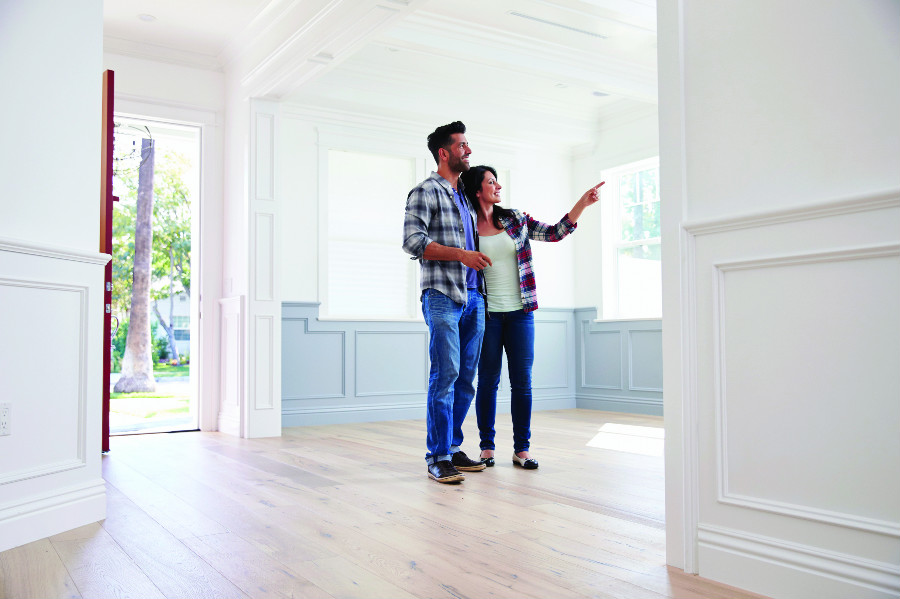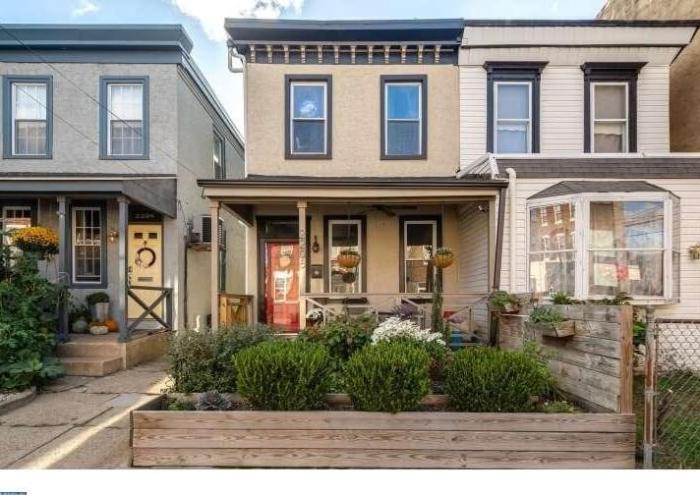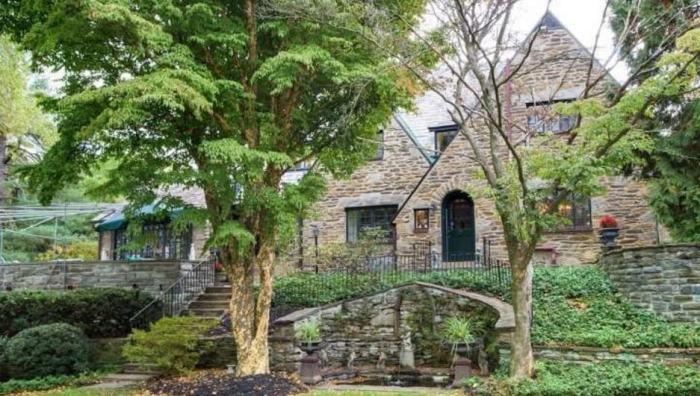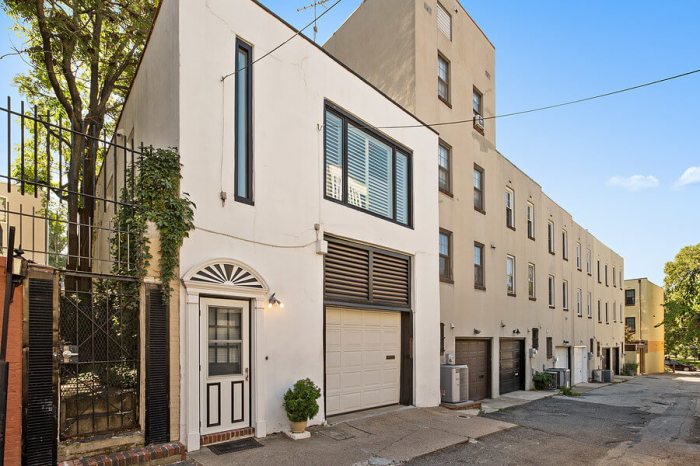Buying your first home can be stressful. And that’s OK—if you’re not a little anxious about writing a check with that many zeros, you’re probably missing something. But knowing the facts can make things a little less scary, so with that in mind we hit up David Weliver, founding editor of personal finance website Money Under 30. Here, he busts four common myths encountered by first-time homebuyers. “Renting is always a bad idea—you’re throwing away money.”
If you’re renting, chances are you hear this “fact” from well-meaning friends and family on the regular. But the truth is, you’ll throw away more money if you buy before you (and, ahem, your savings account) are ready. “This myth is so engrained in people that they get angry when I say it’s OK to rent,” he says. “But owning a home comes with all kinds of maintenance costs, and if you’re not ready to own, well, you’re not losing out on as much money as you think. The home you live in is not really an investment—it’s a roof over your head. The value might appreciate over time, but people tend to overestimate the appreciation.” “Condos are maintenance-free.”
No, you won’t have to actually hire the roofer if you buy a condo, which can sound appealing to young, busy buyers. But you’re paying for it in monthly condo association fees, and you can expect those fees to go up every year—or worse. “It all depends on how the association is managed and how much it has in the reserves,” says Weliver. “For an emergency, is there $20,000, or $500?” If it’s the latter, expect a “special assessment”—aka money you didn’t budget for—when the roof decides to quit. “Credit scores are dated.”
According to a recent survey by Bankrate.com, only 33% of Americans between 18-29 own a credit card. Wary of borrowing after coming of age during the recession, debt-shy millenials may be in for a surprise when it comes time to settle down. “We always hammer home that you simply need to have credit,” says Weliver. “Twenty-somethings are credit-averse, which can be good, but you’re missing out on building good credit, and that will effect your mortgage rate.” “This is a great starter home…”
Yes, that two-bedroom trinity in the city sounds great for now. But will it still suit your needs down the line? If not, reconsider. If you sell in less than five years, you’re likely looking at a loss, says Weliver, and pricey roof decks may not always be your No. 1 priority. “Think about your finances now, but just as importantly, think about them in the future,” he cautions. “Kids are expensive, and people are surprised when they realize daycare can be as expensive as a mortgage.” Are adjustable-rate mortgages evil?
One of the main culprits of the housing crisis, adjustable rate mortgages (ARMs) are making a slow but noticeable comeback. So, do they live up to their reputation? Yes and no, says Weliver. “There are certain situations where they can make sense for savvy buyers and investors,” he explains. “But if you’re being pressured into an adjustable rate so you can afford the house, that’s the red flag.” In short: If you’re a first-time buyer on a budget, this probably isn’t for you.
4 Myths encountered by first-time homebuyers

iStock

















